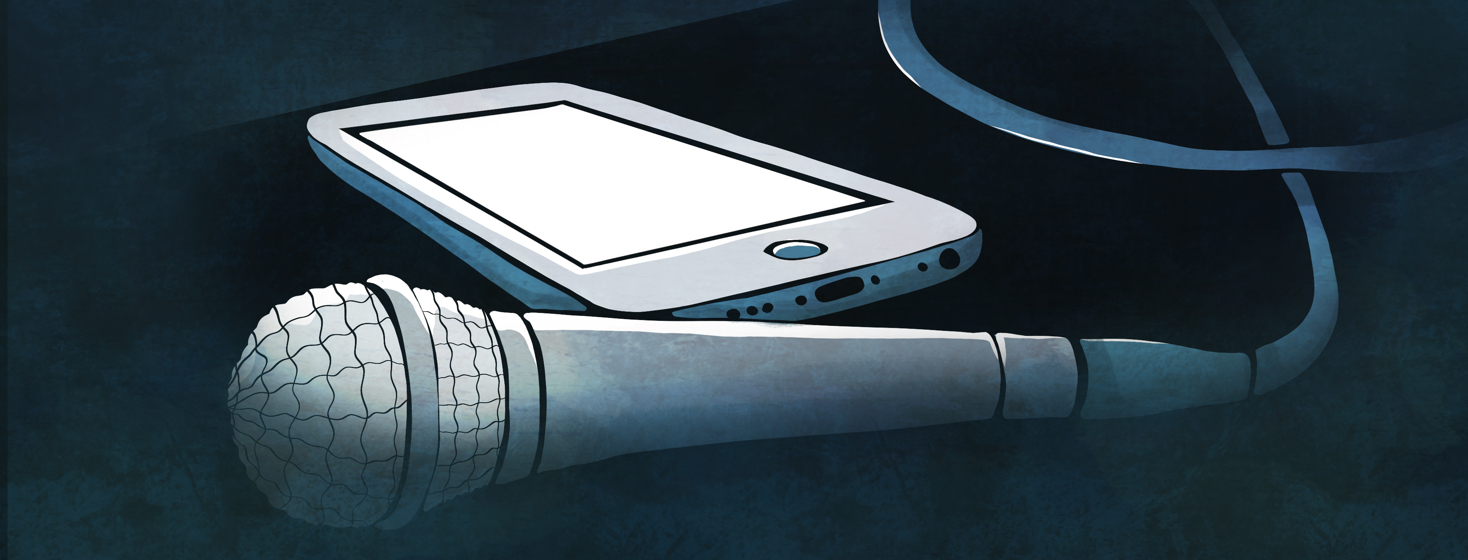Coming Out of the "Chronic Closet"
To be frank - when I was first diagnosed with AS I was embarrassed. I didn’t know a single person with an arthritic condition aside from my grandmother who was in her 90s. I knew most of society assumed these are conditions for elderly and thought I was the only unlucky guy in his 20s going through this.
When I was on crutches I was quick to hide them in any way I could whenever somebody produced a camera. I would often downplay my condition to friends and whenever strangers asked why I was using crutches. I would make up an outrageous story; recounting anything from a football injury to being attacked by a shark while surfing, just to avoid revealing the truth.
How I began opening up
When the pandemic reached the shores of the UK, I was one of 4 million people in this country with underlying health problems required to "shield." This essentially meant I had to lock myself indoors and avoid human contact until further notice. I was left with a lot of time on my hands and wanted to do something more than binging Netflix all day.
I was talking to my friend Ava who has always been a huge source of inspiration for me. Ava does amazing charity work in war torn countries to help children with disabilities. This gave me an idea: I could use my time productively by volunteering for a charity. I figured that my experience of battling chronic illness would be most useful to an organization focusing on such conditions. I reached out to a charity called "Versus Arthritis" to see if I could help them at all. I thought maybe this would mean some admin stuff at most.
To my surprise, they asked if I would be up for a phone call to find out a bit more about me and discuss my conditions. Once they had heard my story, they said they’d like to write an article about me for their website. I found myself agreeing.
The response
I was nervous at first about the article being uploaded as I hadn't been open about my conditions to anybody aside from a few close friends and family members. I was a bit anxious about what people would think.
However, the response I received was incredible. I received so many messages of support and love from friends and other chronic illness warriors online.
Some friends of mine told me how shocked they were to find out what I had been through (clearly my shark stories were an excellent decoy). Others revealed that they too had been living with similar conditions but had felt the need to hide this out of embarrassment too, and how reading my story made them feel less alone.
All of this put paid to any feelings of shame and embarrassment and inspired me to open up a lot more about my condition.
I started posting about my story on Instagram and trying to raise awareness both for myself and others who were struggling.
How I felt
It was liberating. I felt like I didn't need to hide any more or make up any more excuses - which was a relief as I was starting to run dry on elaborate lies to tell.
The realization that I am not alone in this battle and other people are going through similar things, really helped normalize my situation. Knowing that I wasn't gate crashing an exclusive pensioner's club, helped to shake off the ‘why me?’ feelings I had been experiencing.
It benefitted me in real life as well as online. My friends could now understand my situation a whole lot better. They now realized that there was a reason why I was turning down invitations to play football and it wasn't because I was being antisocial. My friends have also started to accommodate my condition when it comes to making plans. I am no longer met with a barrage of (lovingly meant) expletives if I say I’m not comfortable doing certain things.
Conclusion
I am not trying to convince everyone with AS to become an online blogger; I know this isn't comfortable for everyone. I just think it's important that we aren't ashamed of our condition, it certainly doesn't define who we are as people. I hadn’t realized that hiding my conditions was adding an extra burden to an already challenging situation.
My advice to anyone who finds themselves in a similar situation is: level with your loved ones. Let them know exactly what your situation is and what you are comfortable doing/able to do. I guarantee you will all come out of that discussion feeling much better.
Of course it is up to every individual to decide whether they wish to disclose these things and how much they want to share. From my experience coming out of the "Chronic Closet" was one of the greatest decisions I've ever made and I would highly recommend it.

Join the conversation